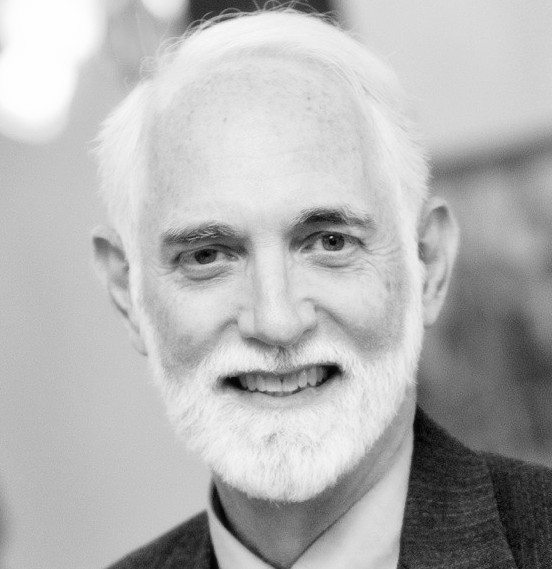On this topic, I have many more questions than answers. There are new kinds of vacation policies popping up, especially at new companies trying to establish a different kind of company culture. They have been experimenting with policies with no set formula for determining how much vacation you can take. It is up to the employees to decide and arrange with their managers. The rationale seems to include: (a) “if you treat people like adults they will act responsibly” and (b) “as long as you get your work done, you should be able to take whatever vacation you need.” If you work in a company with this kind of policy, I would like to hear how you think it is playing out in practice.

My immediate question is: “How do you determine whether your work is done?”
I know entrepreneurs who calculate a budget for their living expenses including retirement savings and then each month once they reach the profit target equal to their target expenses, they shift gears and spend the rest of the month primarily on things they enjoy doing regardless of whether those things are profitable or even business-related. Their view is that one of the main benefits of owning their own businesses is the flexibility it gives them in answering the question, how much work is enough? They are willing to analyze carefully how much money they actually need and their goal is not to make as much money as possible.
By contrast, the most common employment contract seems to be the exchange of time for money. I will put in 40 hours of my time for an agreed salary and benefits package. In this context, vacation is just another factor in calculating the time I am promising. Is it 50 weeks a year or 48 weeks a year of work minus national holidays? This default model puts most of the emphasis on “how long” you work.
Does this sound familiar? Employees brag in a macho kind of way about how many hours they are putting in, how late they stay or early they come in to work. Recognition seems to go to the people who put in heroic efforts on the weekends. The company creates a “use it or lose it” vacation policy because employees don’t take their vacation days. In a kind of perverse incentive structure, employees compete to show that they work longer for their money than their colleagues and count this as evidence of their “professionalism.”
What troubles me with “working long” is that it often is the opposite of what you would think would be the right thing to reward. Shouldn’t we reward the people working hard and working smart, not working long? Are the employees putting in those heroic weekend efforts more committed or are they just poor planners? Or is the company’s business process so badly broken or staffing so inadequate that it isn’t possible to do the job in a 40 hour work week? The epitome of this culture was brought home to me when a project manager once said to me in all seriousness, “Don’t worry, we will deliver this project on budget, no matter how long it takes us.” I don’t think he even saw the irony.
If you work smart and hard, but not necessarily long, how do you know when you have done your job for the day, the month, the year? How does your employer know? What is the purpose of vacation in this context? To re-charge your batteries, get a fresh perspective? How do you know how much vacation you need?
Help us all out here by adding your ideas and insights on working smart, hard, or long in the comment section of the website below this post.
(Note: If you are reading this in your email, just click the Read More button at the bottom which will take you to the website and then scroll down to the “Leave a Reply” for this post.)

2 responses to “How Much Work is Enough? Are You Working Smart, Hard, or Long?”
This reminds me of the time that I went on a business trip to Bolivia. As part of the trip, our cohort was taken to a beautiful little town on the shore of lake Titicaca where we met with local officials who described their efforts in tourism development for the area. The next day we were given a boat trip to the Isle of the Sun to view ancient Inca ruins. During this once-in-a-lifetime experience I observed some of my colleagues engrossed in their Blackberries, reading and replying to email. IMHO, this prevented them from fully experiencing the magical feeling of the surroundings, which is why we were sent there in the first place. Yes they were working hard, but was it smart?
I think technology has an amplifying effect and if one is working long it can help you work longer. On the other hand, it you are trying to work smart, it can also help you work smarter. I am concerned that way too many of us seem to letting technology make the work day longer and harder.